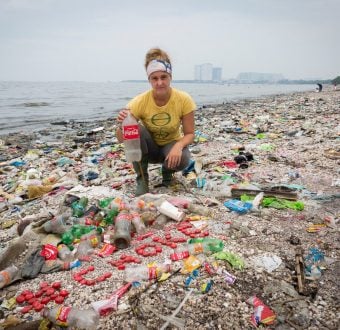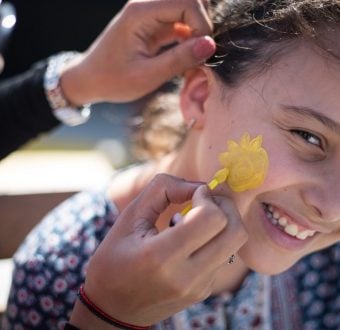“The scorecard will help inform consumers and companies alike on
the growing problems of e-waste. Consumers need to know how these
companies are progressing, and companies need to acknowledge that
the elimination of harmful substances used in their products is the
only way they can ensure safe reuse and recycling of electronic
waste,” said Rick Hind, Legislative Director for Greenpeace USA’s
Toxics campaign.
Nokia and Dell share the top spots in the ranking, thanks to
their belief that producers should bear individual responsibility
for taking back and reusing or recycling their own-brand discarded
products. Nokia leads the way in eliminating toxic chemicals from
its products. Since the end of 2005, all new Nokia cell phones have
been free of cancer-causing polyvinyl chloride (PVC) and the
company has promised all new components to be free of harmful
brominated flame retardants (BFRs) from the start of 2007. Dell has
also set ambitious targets for eliminating these same harmful
substances from their products.
Third place goes to Hewlett-Packard, followed by Samsung (4th),
Sony Ericsson (5th), Sony (6th), LG Electronics (7th), Panasonic
(8th), Toshiba (9th), Fujitsu-Siemens Computers (10th), Apple
(11th) and Acer (12th).
“It’s especially disappointing to see Apple score so low in the
this guide. They act like they belong in the World Series of design
and innovation, but they play like a slumping farm team in the
environmental pennant race,” continued Hind.
Motorola shares bottom position with Lenovo. Motorola recently
backtracked on its commitment to eliminate PVC and BFRs and scores
poorly on product take back and recycling. Lenovo also fails to
score many points and needs to do better on all criteria. For now,
companies are scored solely on information publicly available on
their global websites. The report card will be updated every
quarter. However penalty points will be deducted from overall
scores if Greenpeace finds a company lying, practicing double
standards or other corporate misconduct.
The scoring is weighted more heavily on the use of toxic
substances in production rather than criteria on recycling, because
until the use of harmful substances is eliminated in products, it
is impossible to secure ‘safe’, toxic-free recycling.
VVPR info: For more information on the report card, rankings and rating criteria , go to https://www.greenpeace.org/usa/news/toxic-technology-report-card
or contact [email protected]
Photos available at: http://usaphoto.greenpeace.org/GP_Ewaste/GP_Ewaste_ContactSheet/
Exp. contact date: 2006-09-25 00:00:00

